Footsteps to Freedom
Refugee Week in Australia (June 19-25) aims to promote harmony and unity while celebrating the contribution refugees make to their communities and the country. This year’s theme of ‘Healing’ also raises awareness of the issues faced by refugees and how, together, we can help overcome them. For one group of Canberra-based evacuees, who fled Afghanistan when the Taliban took control last year, the healing is happening one step at a time – and Navitas Skilled Futures considers it a privilege to be part of that process.
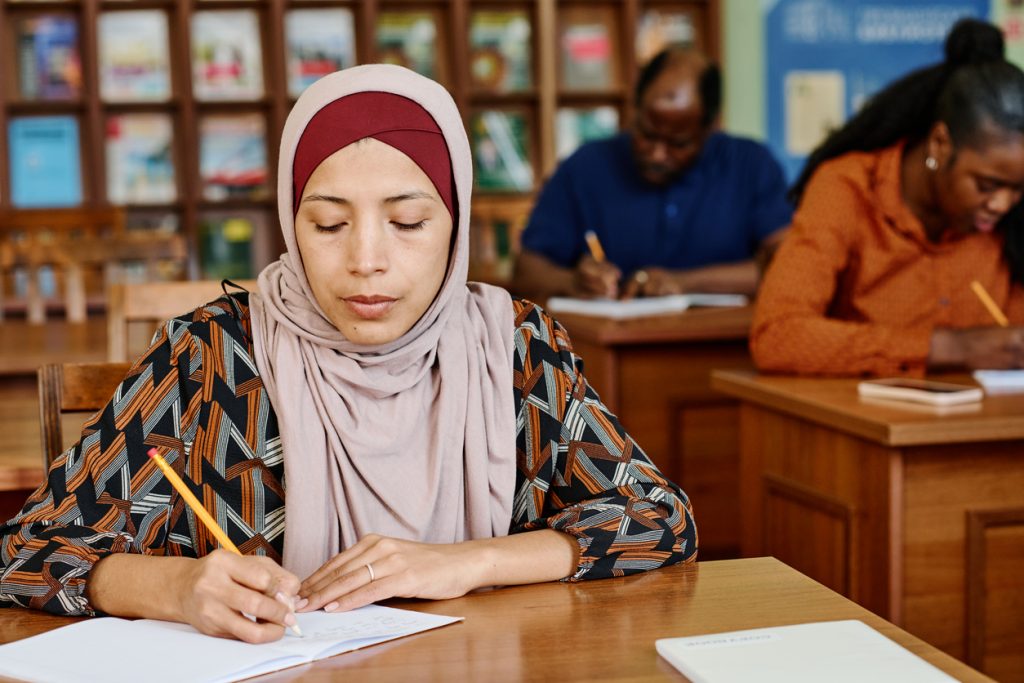
It’s a cold and frosty Canberra morning, but inside the classroom at Navitas Skilled Futures, where Karima sits, it is welcoming and warm, the walls decorated by those who have been here before her in bright, happy images reflecting harmony and belonging. Her fellow classmates are as colourful as the images surrounding her, a patchwork of people from various cultures offering an understanding fellowship. And just as the cosy classroom blocks out the cold chill of this winter’s day, the warmth from those around her subdues Karima’s thoughts of family and friends back in Afghanistan – albeit temporarily – as she starts today’s lesson and is grateful for her new life in Australia.
One of thousands of subclass 449 visa holders evacuated by Australia from Kabul in August last year when the Taliban took control of Afghanistan, Karima says it took months to deal with the shock of her urgent departure and to know where she was and what her future would hold.
“At Kabul Airport I was worried we wouldn’t get out,” Karima said.
“It was too crowded. [My young son] became panicked when the Taliban opened fire to control the crowd. We were always threatened by guns, lashing, biting, slapping, by the Taliban. And all the people are bringing forward and pushing back. We got so tired from non-stop moving for about 11 hours.”
It took two trips to the airport, including an overnight stay on “paper cartons” before Karima and her family boarded the Royal Australian Air Force plane and, eventually, on to their new life in Canberra.
“It was such a big shock because we were not expecting it. Such a big change came in our lives,” the young mother said.
“It was not easy, so for sure we were in shock, we didn’t know where we were, what we were doing. For about two, three months, I was thinking, ‘I don’t know who I am but at least I’m still alive and I’m here’.
“But over time, step by step, life is getting better, better, better, as we came out from our shock and, a little bit, we recognise who we are, what we should do here.”
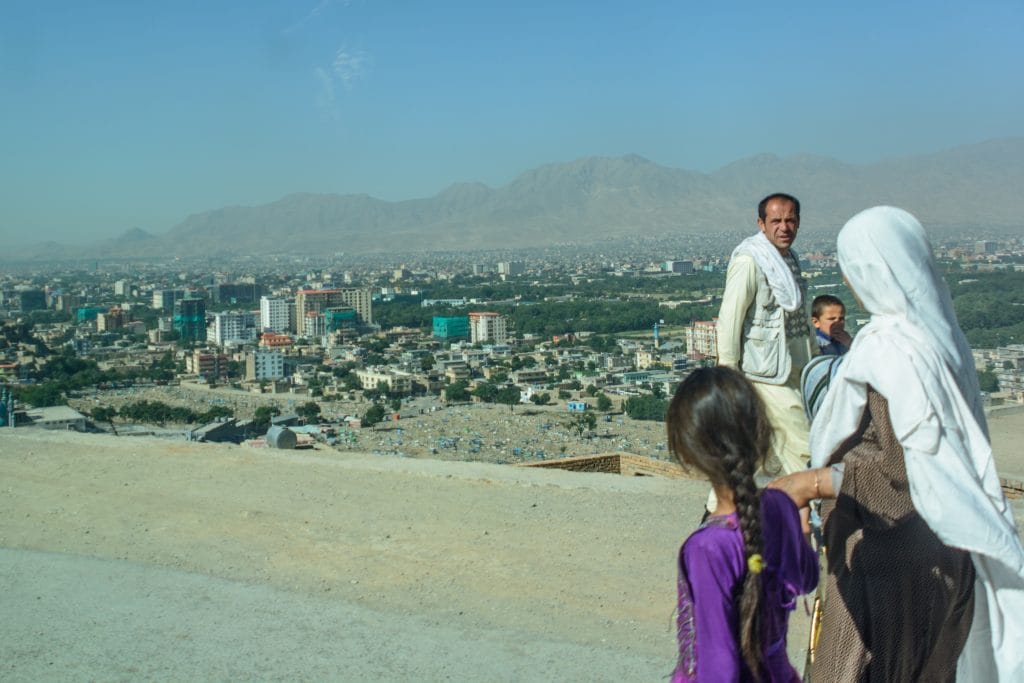
Karima is now enrolled in the Australian Government’s Adult Migrant English Program (AMEP) at Navitas Skilled Futures in Canberra. She is one of 49 Afghan evacuees currently studying at the Navitas college, and her class is made up of students from all backgrounds and walks of life.
While English language skills are high on the daily agenda, the classes also include digital skills, general settlement information, relevant guest speakers, social activities and Pathways to Work courses, providing job-seeking and employability skills to gain confidence and future employment.
While Karima’s spoken English is above average, she says she is self-taught: “So I need some knowledge about the rules and regulations, tenses and grammar to achieve good academic English for future work.”
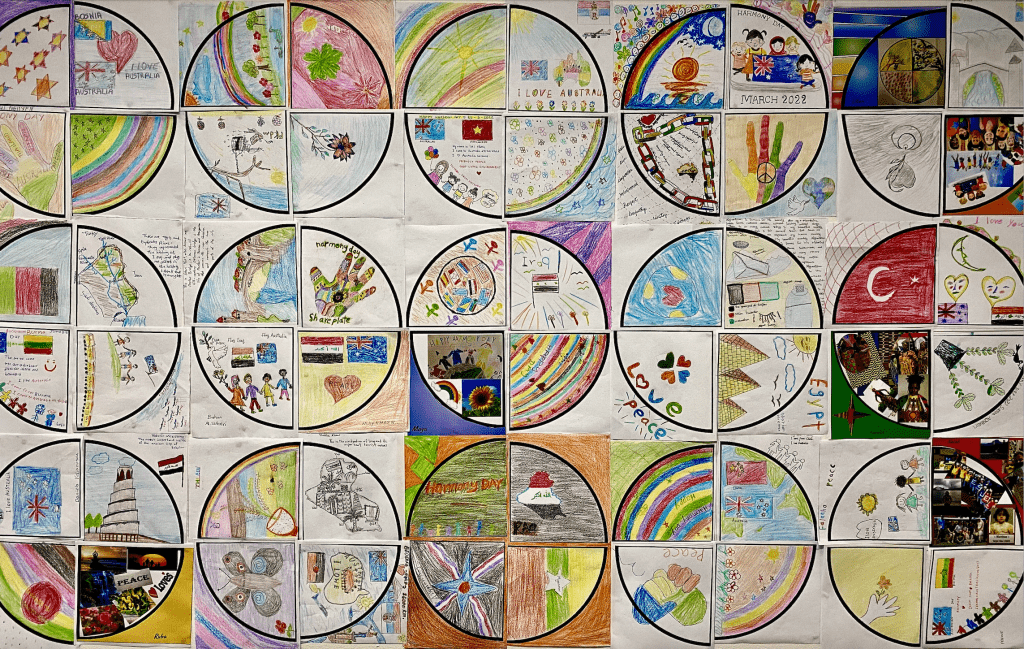
Navitas Skilled Futures Canberra AMEP Team Leader, Sharon Gilbert, said Karima was part of a strong cohort of students who came from professional backgrounds and were keen to improve their English, digital and workplace skills so they could go on to find jobs and contribute to society.
Even those with low-level English had a “sense of urgency” to move ahead with a view to gaining employment or undertaking further studies, she said.

“Many of our students worked as interpreters or had government or high level positions in Afghanistan,” Sharon said.
“Some have good spoken English but many still need to improve their written communications, digital skills and their general knowledge of Australian culture and customs.
“Many have experienced trauma, which obviously impacts their settlement, and most have family and friends that they are supporting back in Afghanistan and, in some cases, supporting their migration out of Afghanistan.
“But we are one constant in their journey – we are conscious of their issues and we are meeting their education and employability needs at all levels, and helping to support them in their wider settlement journey.”
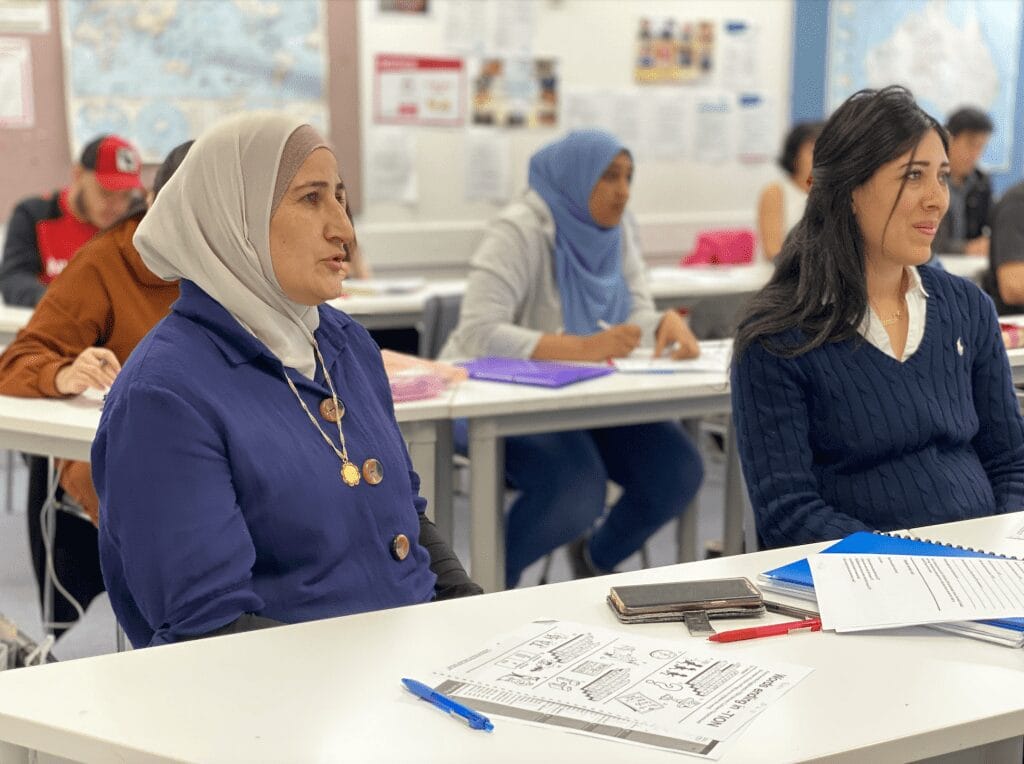
Hamida, 33, was an International Relations and Law lecturer in her home country. The current AMEP student is planning to gain “excellent English language skills” so she can go to university in Australia and become a lecturer here.
“The teachers at Navitas are very supportive with my learning and I have improved my English a lot,” she said. “My classmates are from diverse backgrounds, they are happy and encouraged to share their own opinions, and so I find the learning environment very positive.
“I am planning … to get a teaching job in the university in the future. I also like to find volunteer work in organisations which protect women rights.”
Mohammad, 36, worked as a window and door fabricator in Afghanistan.
The father of two plans to study mechanics but knows he must “first learn English well”.
“The AMEP is a very useful program for me. I truly improved my language skills,” he said. “My teacher is very supportive, and teaches me not only English language, but also things I need to know if I am living here.”
Ahmad* was a high school student in Afghanistan looking forward to starting a university degree, when he was evacuated with his family. He is very positive about his future.
“I think the AMEP is a wonderful program for me to learn English. I also learning the culture and getting to know the society, as I have an opportunity to get familiar with local people,” he said. “I would like to study a law degree in the future and find a job in the government. I will try my best to repay the society.”
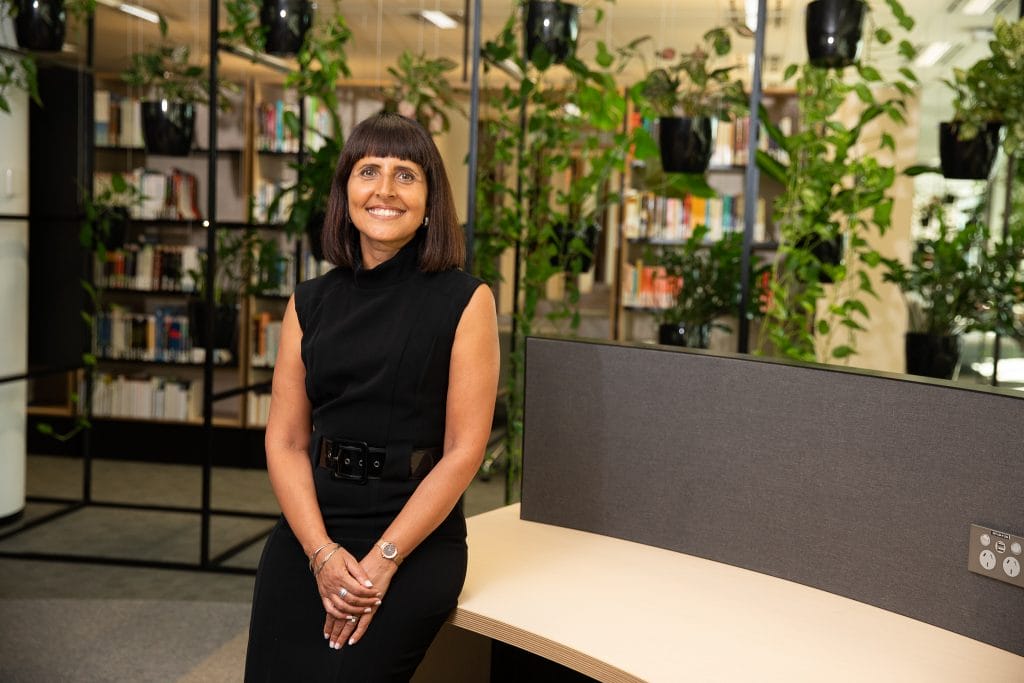
Navitas Skilled Futures General Manager, Jetinder Macfarlane (pictured above), said it was both humbling and rewarding to be part of these students’ settlement journey and to provide them with the skills, knowledge and support, in a safe environment, to live their best lives in Australia.
Jetinder said Navitas Skilled Futures had also enrolled a number of students in their South West Sydney colleges, with more to come, and were working to assist many established Afghan migrants and refugees who were also deeply affected by last year’s traumatic events.
“What some of these people have been through we cannot imagine,” Jetinder said.
“They have shown enormous resilience, positivity and patience in the most difficult of circumstances. It is so fortunate government programs like the AMEP exist to enable these new arrivals to learn English, settlement, digital and employability skills in a safe and supported environment, where they can mix with others while they establish themselves and integrate into Australian society to live meaningful and fulfilling lives.
“As we head into Refugee Week, the theme of ‘healing’ could not be more appropriate for this group of people. We are proud and extremely privileged to be part of their healing process.”
As Karima sits at her desk and sunlight streams through the classroom window above, there is the promise of a brighter day and future ahead – for her, her fellow classmates, and hopefully, her friends and family back home.
“I am very grateful for what Australia has given me. What Navitas has given me,” Karima said.
“This community is amazing. Amazing. I can’t tell you how much support I have received. Here the people are very kind. I only hope that others who are desperate to get out of Afghanistan can have the same opportunities and support in the future.”
*Not his real name
